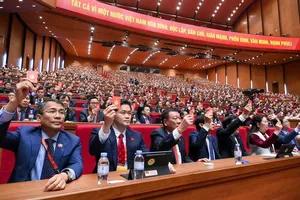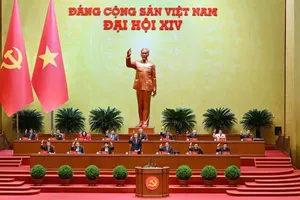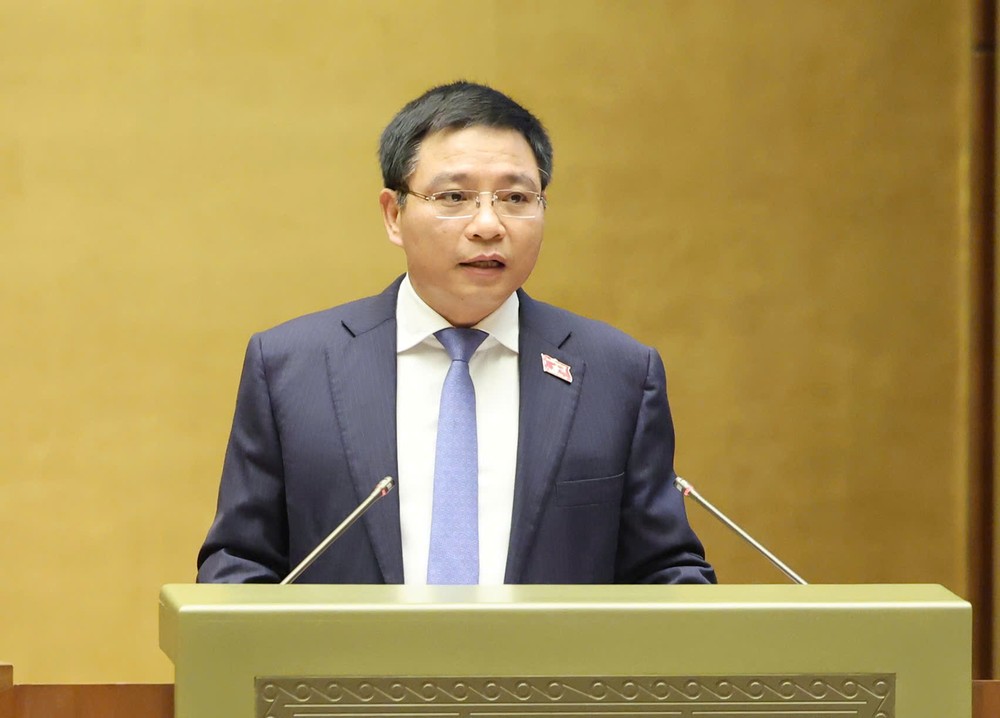
The National Assembly’s Economic and Financial Committee has voiced strong support for the proposal to establish a Free Trade Zone (FTZ) in Hai Phong City, describing it as a bold and innovative initiative that reflects the government’s determination to reform, experiment, and lead. The committee believes the pilot project is backed by solid political will, legal grounds, and practical rationale.
Minister of Finance Nguyen Van Thang submitted to the NA a draft resolution outlining special pilot mechanisms and policies for the development of Hai Phong on the morning of May 13. The proposal includes six policy clusters: investment management; fiscal and State budget administration; planning, urban development, natural resources and environment; science, technology, and innovation governance; incentive structures for civil servants and public employees; and the establishment of the FTZ along with its governing framework.
The draft defines the Free Trade Zone in Hai Phong as a geographically delineated area designed to trial breakthrough policies and preferential mechanisms aimed at attracting investment, finance, trade, and services—while promoting exports, industrial development, R&D activities, and the recruitment of high-skilled labor.
The resolution proposes that Hai Phong's People's Committee be granted authority to establish, expand, and modify the boundaries of the FTZ. The zone would be linked to the Dinh Vu – Cat Hai Economic Zone and the southern coastal economic corridor, similar to industrial zones.
To further boost investment and production within the FTZ, the draft includes a package of special incentives. One key provision is the implementation of a “one-stop, on-site” administrative model, granting the Hai Phong Economic Zone Authority direct jurisdiction over FTZ functional areas. This agency would handle procedures such as issuing certificates of origin, business licenses, retail establishment permits, and work permits for foreign nationals—along with related processes for renewals, amendments, or revocations.
The FTZ will be structured into functional subzones including manufacturing, seaports and logistics, trade and services, and other specialized zones in accordance with Vietnamese law. These areas will qualify as non-tariff zones and be subject to customs inspection, supervision, and enforcement by relevant authorities.

The proposed model is expected to become a new growth driver for Hai Phong, unleashing untapped potential through trailblazing policies that could remove institutional bottlenecks and propel the city toward rapid and sustainable development.
In his assessment, Mr. Phan Van Mai, Chairman of the NA’s Economic and Financial Committee, emphasized that replacing NA Resolution No.35 with this new resolution is both timely and necessary. The new policy framework, he argued, is grounded in legitimate political, legal, and practical considerations, and falls squarely within the NA's jurisdiction.
However, Mr. Phan Van Mai also highlighted that the FTZ plan has broader implications beyond economics. It touches on national defense, security, public order, and the rule of law.
In evaluating the proposed policies for the FTZ, the reviewing body acknowledged that the initiative reflects a strong commitment to reform, an innovative mindset, and a willingness to embrace bold, forward-thinking solutions. It affirmed that the proposal is underpinned by adequate political will, legal legitimacy, and practical grounds to warrant pilot implementation.
However, the committee emphasized that this is a far-reaching undertaking—not merely economic in nature but also intertwined with issues of national defense, security, public order, and the broader legal and institutional framework. To ensure the initiative’s effective execution, the government was urged to conduct a comprehensive review and clearly define specific and measurable outcomes for the FTZ. These should include impacts on economic growth, budgetary revenues, social development, and regional spillover effects. The oversight and governance framework must also be reinforced, with periodic monitoring mechanisms and well-defined accountability for all individuals and entities involved in the implementation process.

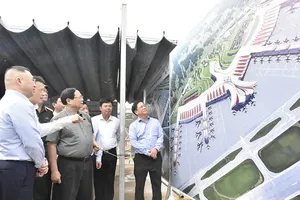
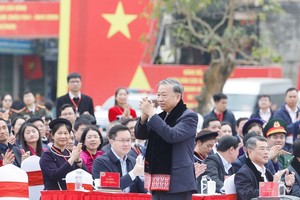

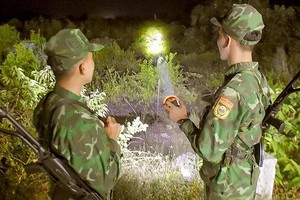
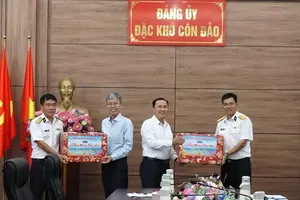




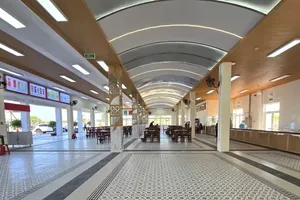
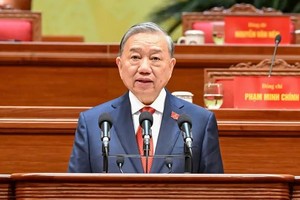
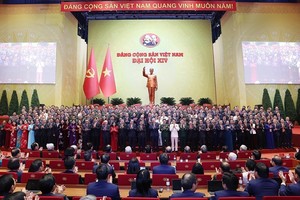
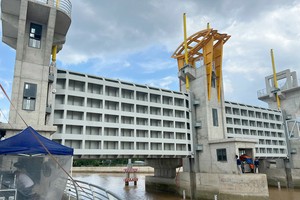
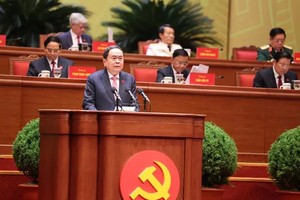
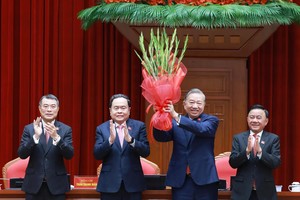
)

